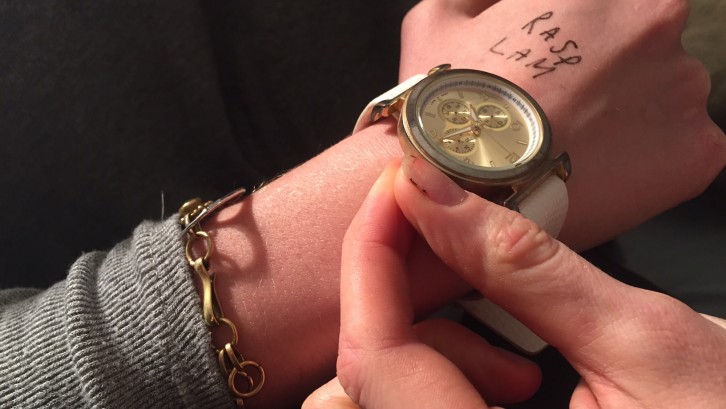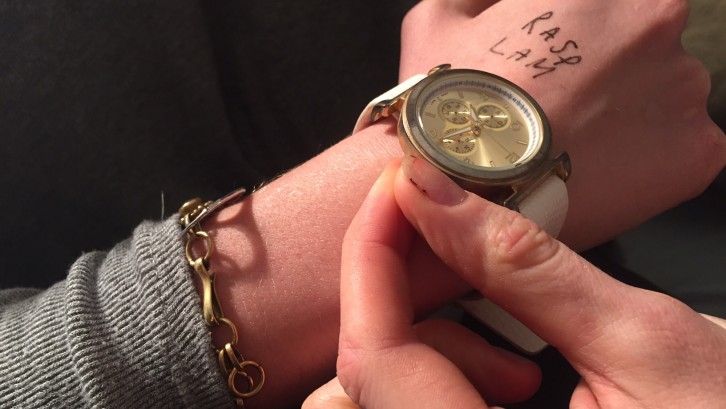Daylight Saving
Daylight saving time: what you need to know
Canadian clocks spring forward this weekend

caption

caption
The clocks spring forward one hour on March 12.Most Canadians will spring forward into daylight saving time (DST) this weekend.
At 2 a.m. on Sunday, almost all of our clocks (excluding those in Saskatchewan and parts of Nunavut and Quebec) will go forward one hour and we’ll lose one hour of sleep. It’s a 100-year-old tradition.
So why do we do it?
DST is a hotly debated issue. Questions spring from whether it’s actually beneficial or if it’s just a nuisance that every one has to put up with. It seems that no one can really agree why we should do it, or who really reaps the benefits.
DST was first implemented in Germany in 1916 as a way to save coal during wartime. If people were awake for more daylight hours, they would burn less coal lighting their house artificially.
Canadians began using this method in 1918 and again in 1942 during the Second World War. Back then it was called War Time rather than daylight saving time.
Energy
In recent years, studies have shown that there is no real energy saving benefit to DST.
In 2008, the U.S. National Bureau of Economic Research released a study that tracked electricity use in households in Southern Indiana for three years. The study found that because of modern heating and cooling systems, two to four per cent more electricity can be used during daylight saving time.
The authors of the study concluded that “the longstanding rationale for DST is questionable, and if anything, the policy seems to have the opposite of its intended effect.”
The authors did admit that DST resulted in “increased opportunities for leisure.”
Sleep
The sleep deprivation that occurs in the first few days following the move forward has been shown to result in heart attacks and car accidents.
The American College of Cardiology estimated in 2014 that the number of heart attacks increases by 25 per cent the Monday after we turn the clocks forward, and a study at the University of Colorado shows that there is about a six per cent increase in fatal car crashes at the same point of transition.
Dr. Atul Khullar, the medical director of the Northern Alberta Sleep Clinic, says these negative effects may occur because the average person is already somewhat sleep deprived.
“Daylight saving time shouldn’t usually have that much of an effect, but given that so many people are already so sleep deprived in their lives, that extra hour change can really throw people off for a couple of days,” he says.
Khullar doesn’t agree with the practice.
“It’s a completely artificial construct that’s over a hundred years old, so it’s really not necessary anymore and I think we just do it by convention,” he says.
Sun
John Bernard from the National Research Council of Canada says we may continue to participate in daylight savings because Canadians want more time in the sun.
“I think a lot of people just like daylight saving time,” he says.
“Instead of getting up earlier in the summer, we can get up at the same time and the daylight will last longer.”
Whatever the case is, the clocks will still be turned forward Sunday night, and most Canadians will have to adjust.
Lakshmi Vijayabalan is the mother of a four year old. She says she’s not looking forward to the time change because it disrupts her daughter’s sleep schedule.
“It’s going to be a real struggle. I’m definitely not a fan of springing forward,” she says.

